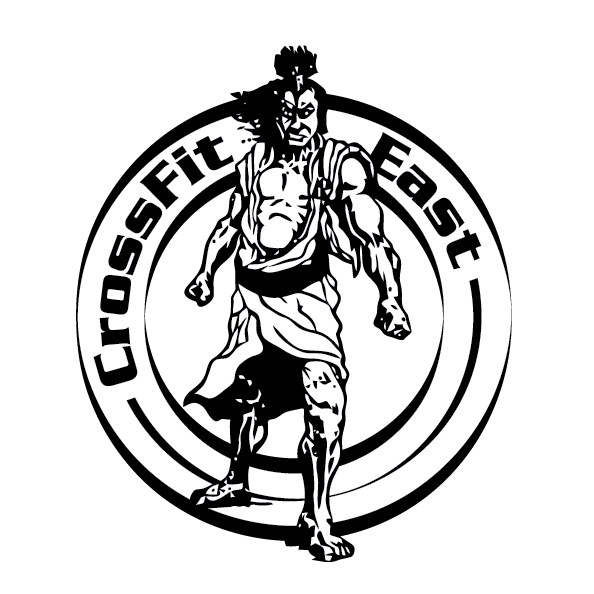Archive for 2025
Saurday 20250920
800-meter run
400-meter weighted run
200-meter weighted carry
100-meter heavy weighted carry
800-meter run
Start with an unladen 800. For the second run, wear a loaded rucksack—heavy, but still allowing you to move at a good clip. Next, keep the pack on and carry a dumbbell. Then, add another dumbbell. By this point, you should be loaded up enough that 100 meters is quite difficult—probably requiring a break to make it through. Finally, disencumber yourself and sprint another 800.
Saturday 20250920
3 rounds for time:
Run 400 meters
21 hang squat cleans
12 ring dips
Friday 20250919
rounds for time:
200-meter farmers carry
20 box step-ups
Thursday 20250918
5 rounds for time:
4 snatches
4 overhead squats
4 overhead walking lung steps
20 GHD sit-ups
Thursday 20250918
3-10-7-4 reps for time:
bodyweight deadlift
.50 bodyweight push press
Monday 20250915
For load:
Front squat 5-5-3-3-3-1-1-1-1 reps
Additionally, practice planks for 20 minutes.
Move slowly; maximize loads. Attempt to increase loads for each of the 9 sets.
Saturday 20250913
7 rounds for time:
Run 400 meters
Rest 2 minutes
Friday 20250912
7 rounds for time:
7 dumbbell bench presses
5 L pull-ups
Choose a set of dumbbells heavy enough that you may need to break the 7 reps into multiple sets.
Friday 20251003
Overhead squat 3-3-3-3-3 reps
20-minute AMRAP
Complete as many rounds in 20 minutes of:
1-mile bike
10 1.5-bodyweight deadlifts
